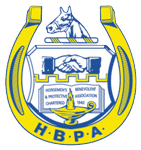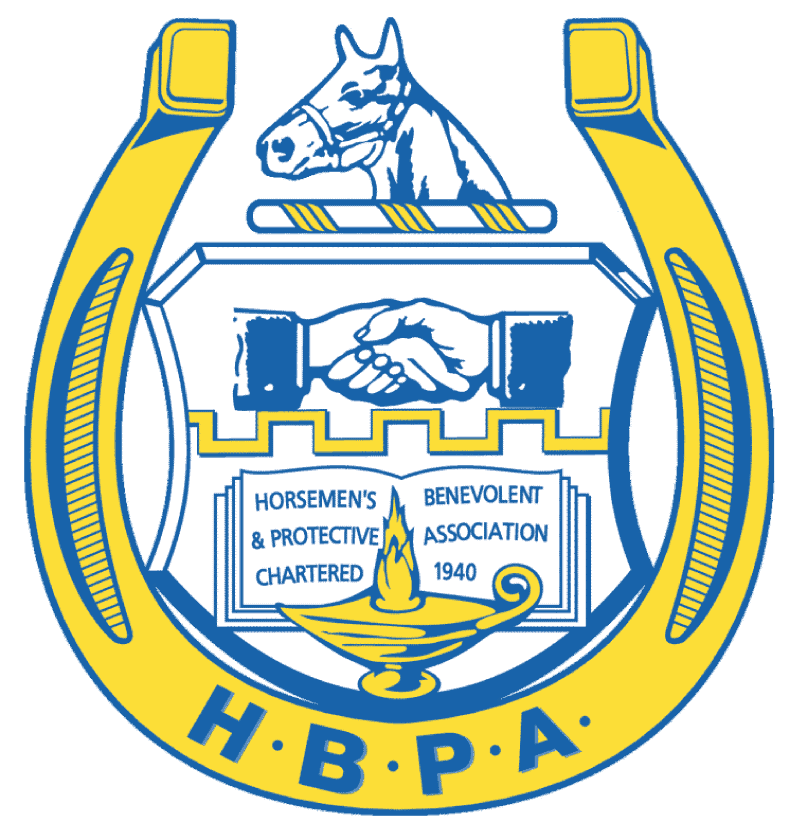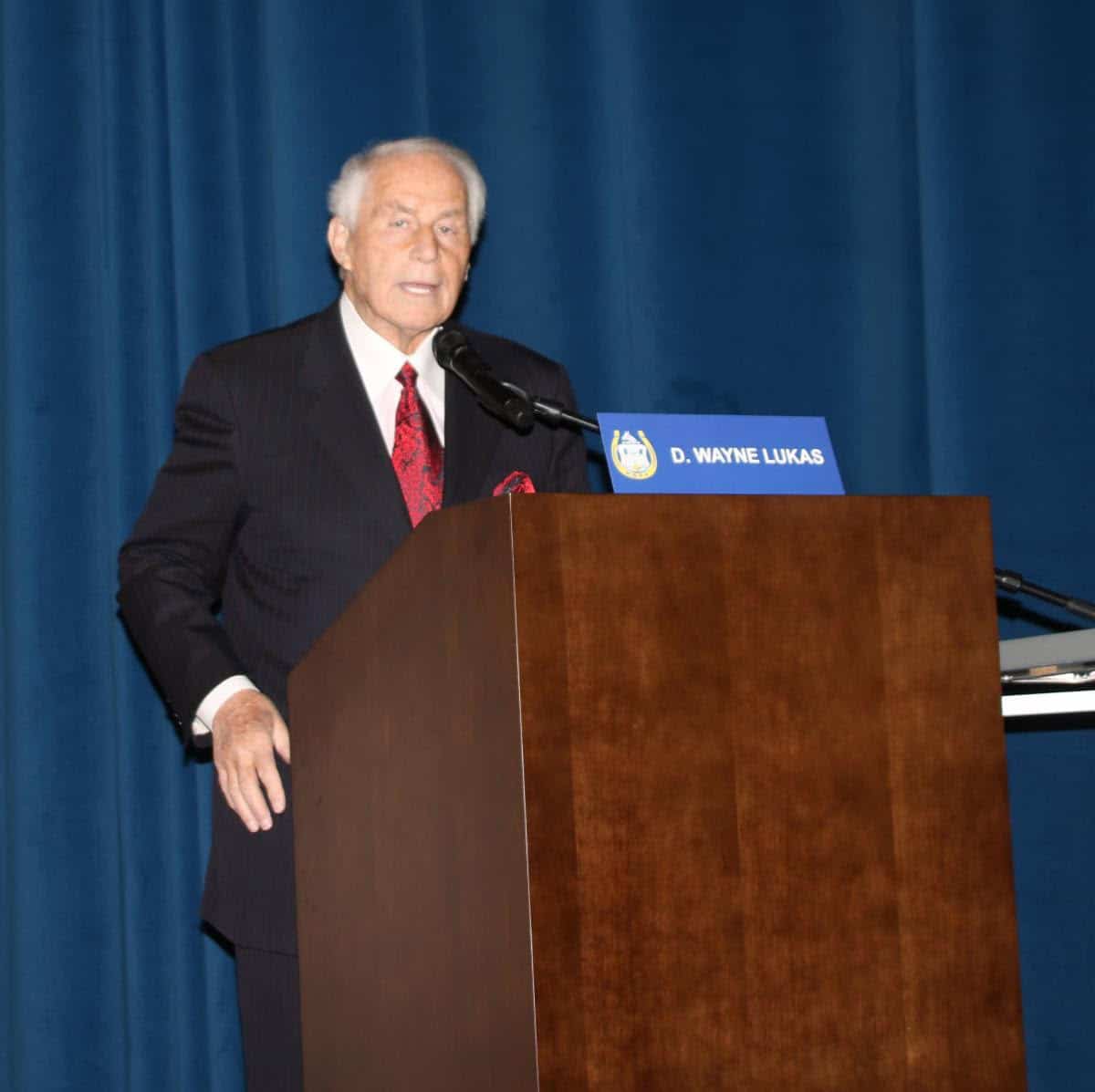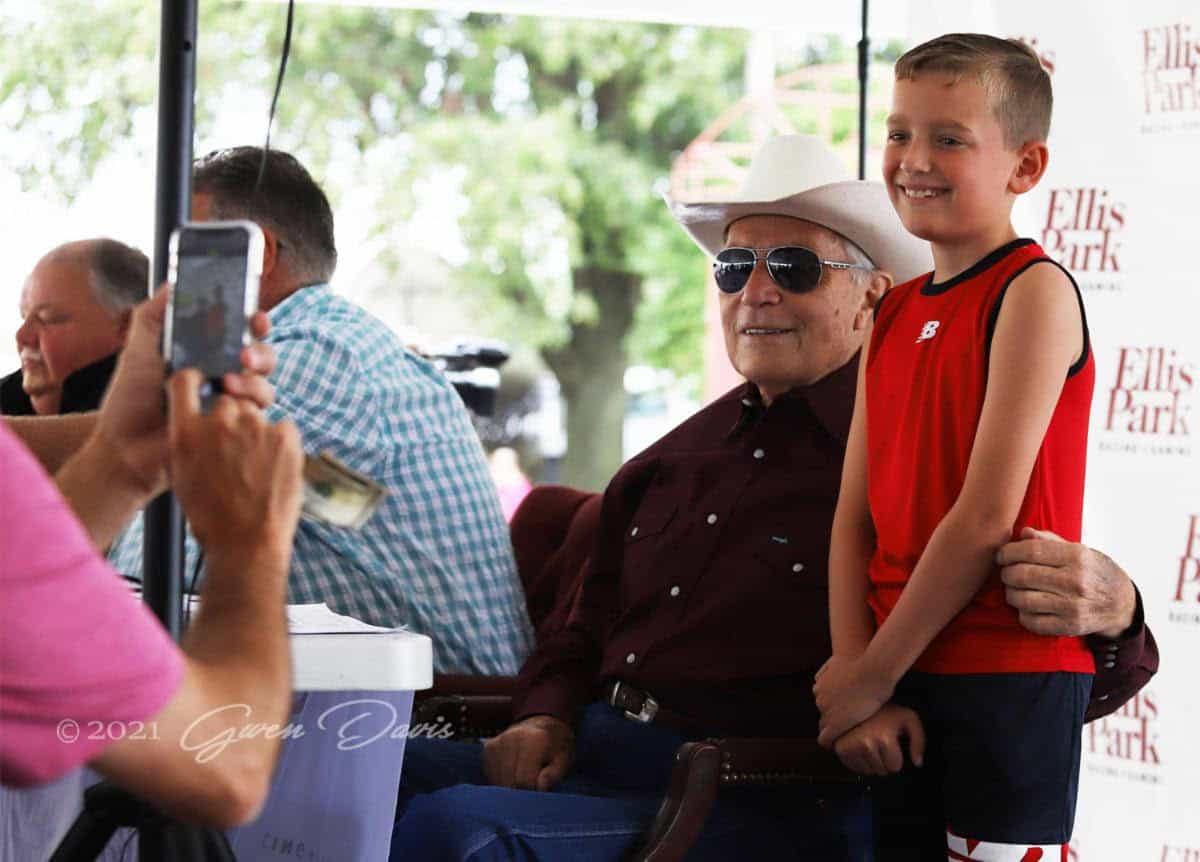Federal Lawmakers at Odds on USADA Bills
Blood-Horse
Federal lawmakers who support the United States Anti-Doping Agency providing oversight of drug testing in horse racing have blasted federal lawmakers who support the United States Anti-Doping Agency providing oversight of drug testing in Thoroughbred racing.
If that sounds confusing, welcome to Washington.
Hours after the Thoroughbred Horseracing Integrity Act of 2015 calling on USADA to provide oversight of medication issues in Thoroughbred racing was introduced July 16 by Reps. Andy Barr, a Kentucky Republican, and Paul Tonko, a New York Democrat; it faced strong criticism from federal lawmakers who earlier this year proposed legislation that would see USADA oversee Thoroughbred, Quarter Horse, and Standardbred racing.
There seemed little likelihood of the two sides coming together after two lawmakers who supported the legislation introduced earlier this year, Representative Joe Pitts (Republican, Pennsylvania) and Senator Tom Udall (Democrat, New Mexico), blasted the Thoroughbred Horseracing Integrity Act of 2015 in harshly worded releases.
American Horse Council president Jay Hickey said in Washington such competing interests can hinder the chances of legislation being enacted.
“You always like to have one bill that everybody supports,” Hickey said. “When you have a lack of consensus, and you have not so much competing bills as competing members of Congress, that always adds extra color to the situation.”
In a harshly worded release, Pitts said his legislation is “markedly different,” than the bill introduced Thursday that is supported by the Coalition for Horse Racing Integrity that includes The Jockey Club, Breeders’ Cup, the Water Hay Oats Alliance, the Humane Society of the United States, the Humane Society Veterinary Medical Association, and the Kentucky Thoroughbred Association/Kentucky Thoroughbred Owners and Breeders.
“This new proposal masquerades under the veneer of ‘reform’ but sadly, if enacted, would actually make matters worse by allowing drugs and medications to be used in race horses on race day,” Pitts said. “This is unacceptable and this is why real reform has as its foundational underpinnings, a ban or prohibition of drugs, all drugs, in horses on race day. Not only does this bill not ban race-day medication, but it does not require stiff penalties for cheating, nor does it apply to Quarter Horse and Standardbred racing. With 24 horses dying on America’s tracks every week, it’s past time to enact true reforms that protect these magnificent creatures from the scourge of doping.”
Udall acknowledged some common goals in the two proposals but said the Thoroughbred Horseracing Integrity Act of 2015 comes up short.
“I welcome new interest in pursuing doping reform legislation from horseracing industry groups and members of the Congressional Horse Caucus,” Udall said. “Unfortunately, the bill introduced by Representatives Tonko and Barr falls far short of what is needed to end the scourge of doping in the Sport of Kings. It does nothing to protect Quarter Horses and Standardbreds. The bill lacks strong enforcement and also delegates federal authority to a racing industry group, preempts state racing laws, and taxes state governments.”
In June the American Horse Council opposed the Pitts-Udall bills because they would repeal the Interstate Horseracing Act of 1978, that paves the way for racing to conduct interstate simulcast wagering.
“The Interstate Horse Racing Act is the framework on which the present-day $26 billion horse racing industry is built,” Hickey said in June. “Repealing it would be devastating.”
The Jockey Club also opposed the Udall-Pitts legislation that was proposed in late April.
“The Jockey Club had no knowledge of the bill that Sen. Udall and Rep. Pitts announced April 30 or advance notice that it was going to be introduced,” Jockey Club president Jim Gagliano said soon after its introduction. “We are disappointed that they have decided to take this approach. The Interstate Horseracing Act of 1978 is the lifeblood of the industry, and we strongly oppose any effort to repeal it.”
The AHC has not taken a position on the Thoroughbred Horseracing Integrity Act of 2015, which would not reopen the Interstate Horse Racing Act but would use its powers to provide USADA authority. Under the proposal, tracks that didn’t accept USADA’s oversight of equine medication issues would be subject to losing their abilities to send out their signal and receive signals from other tracks.
“We’re still going through it,” Hickey said. “We want to know exactly what it says before we say anything. We’ll look at everything and then see how our member organizations feel about it.”
Another key group that has not taken a position on the Thoroughbred Horseracing Integrity Act of 2015 is the Thoroughbred Owners and Breeders Association.
“We haven’t taken a position yet,” said TOBA president Dan Metzger. TOBA board members listened in April to a verbal presentation from members of the Coalition of Horse Racing Integrity on the legislation but some members wanted to see the final, written proposal. “There was interesting debate, both pro and con, but the board couldn’t take a position because they hadn’t seen anything in writing.”
The bill was released about a month ago for review by TOBA board members and a board subcommittee was formed to analyze the proposal. That subcommittee will make a recommendation to the full board at its August meeting in Saratoga Springs, N.Y., and the full board is expected to make a decision at that time.
Besides competing legislators, the two bills also have generated debate among animal rights groups as the Humane Society of the United States supports Thursday’s legislation while People for the Ethical Treatment of Animals supports the earlier legislation.





